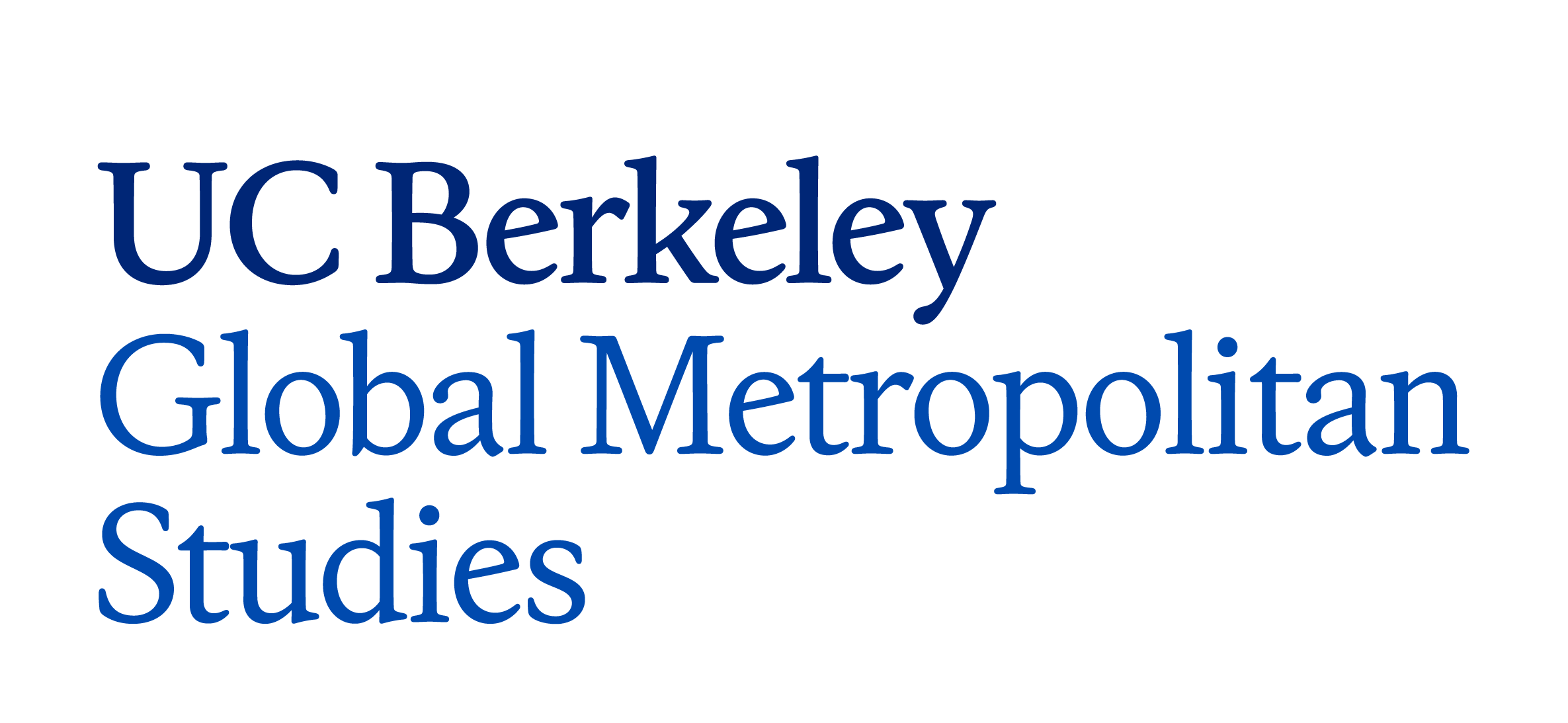Racist policing and unaffordable housing are central crises of the early 21st century. Indefensible Spaces: Policing and the Struggle for Housing tells the story of how the two intersect in the Antelope Valley, Los Angeles County’s northernmost outpost and a destination for those priced, policed, and evicted out of Los Angeles.
The book follows the valley’s segregated development after World War II, and the resulting emergence of Sun Village, an all-Black town whose civil rights organizing challenged the valley’s segregated neighborhoods, workplaces, and schools. It traces how the valley sought to defend itself as a white space, finally landing on policing as a mechanism of resisting racial integration after a new wave of Black families were pushed out of Los Angeles and into the valley at the end of the 20th century.
Indefensible Spaces offers a case study of the national crisis of the policing of housing, told through a history of Black organizing and resistance in one of Los Angeles’s most overlooked areas. The book shows how the policing of housing has rendered Black homes indefensible spaces, and how tenants and organizers across the valley have worked to overcome it, offering lessons for achieving housing justice nationwide.
Rahim Kurwa is an Assistant Professor in the Department of Criminology, Law, and Justice and Department of Sociology (by courtesy) at the University of Illinois at Chicago (UIC). His work is broadly focused on the policing of housing, and he has published scholarship on this topic in Du Bois Review, Housing Policy Debate, City and Community, and Feminist Formations. His book project traces the past century of Black history in Los Angeles’ northernmost outpost, known as the Antelope Valley, showing how pre-1968 methods of racial segregation in this region have been replaced today by policing. His other interests include the family implications of the policing of housing assistance, the interrelatedness of policing and segregation, and the history of policing in public housing and its successor programs. He received his PhD in Sociology from the University of California at Los Angeles in 2018.
Event Co-sponsored with the Department of City & Regional Planning.
No RSVP required.

